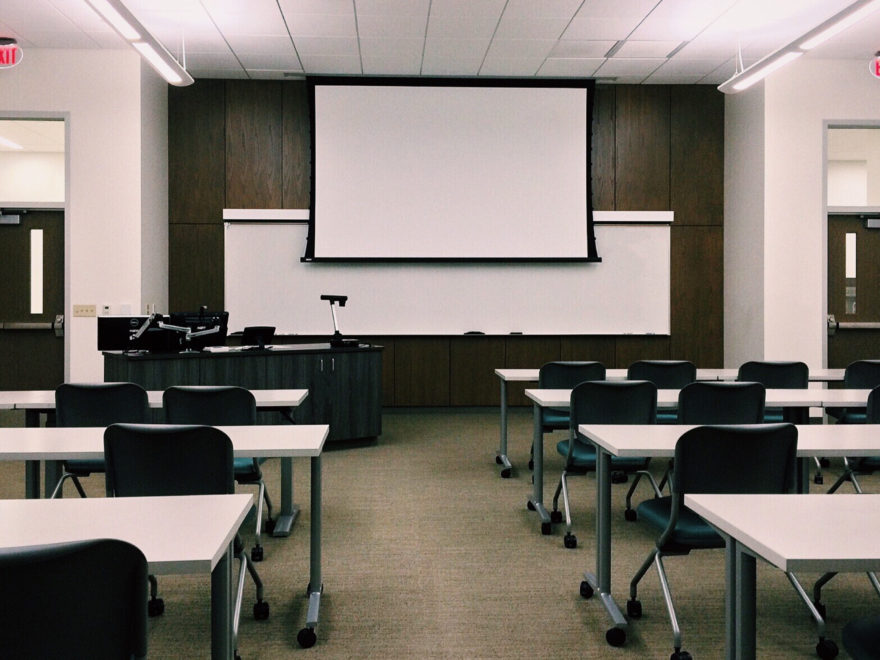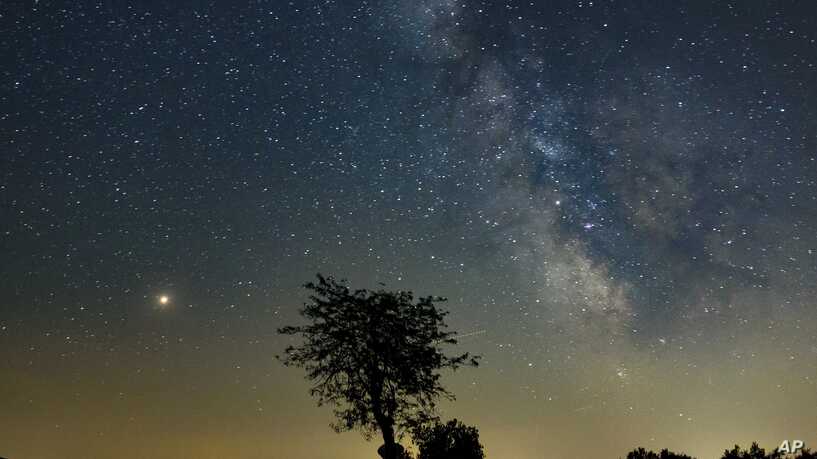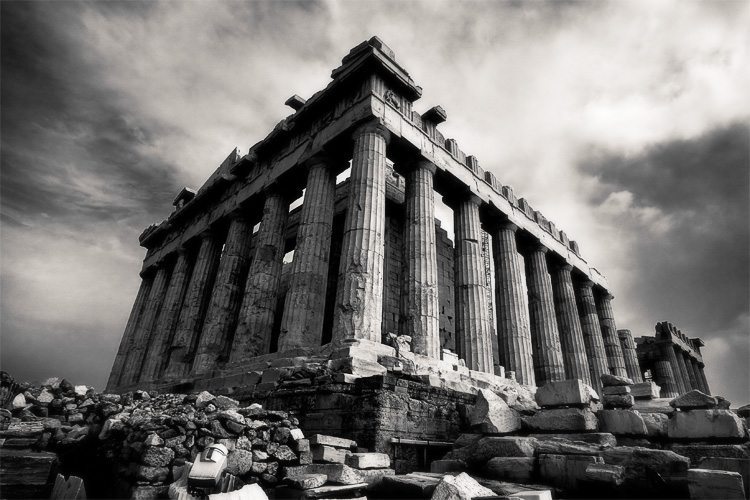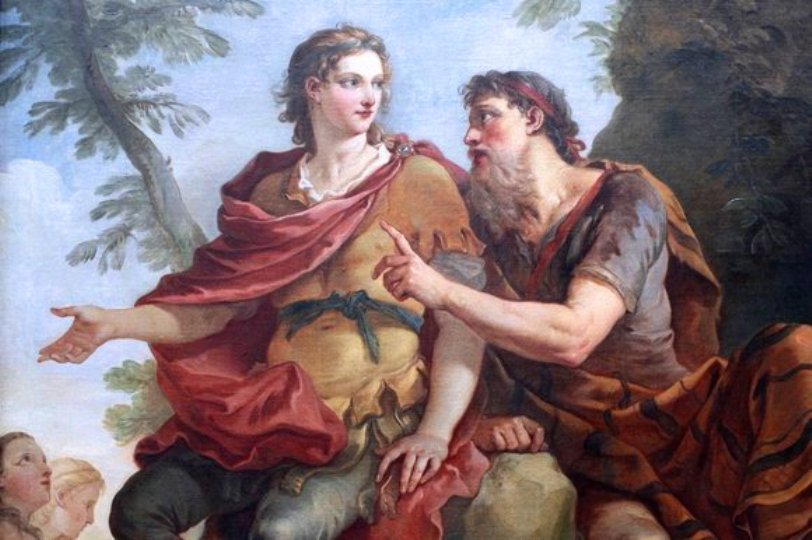Tag: C.S. Lewis
-

Bloom’s Taxonomy and the Purpose of Education
One of the major themes in the classical education renewal movement has been to challenge the utilitarianism of modern education. The purpose of education, the argument has gone, is so much broader and more far-reaching than modern educators are making it out to be. It is not merely job training or college preparation, but the…
-

“Teach Like a Champion” for the Classical Classroom, Part 1: An Introduction
As classical educators look for tools and resources to strengthen their teaching practices, it can often be difficult to know where to turn. While the classical education renewal movement has led to a resurgence in a fresh vision for the purpose of education and even suggestions toward an ideal curriculum, the movement has not always…
-

Teaching Confident Faith in an Age of Religious Uncertainty
Christianity, as a global religion, is at a crossroads. On the one hand, it remains the largest religion in the world: 31% of the world’s population is Christian, and sociologists predict this percentage to increase to 32% by 2060. [1] On the other hand, the religion is experiencing notable decline in the West. In 2010,…
-

Charlotte Mason and the Liberal Arts Tradition, Part 2: Educating the Whole Person
What has Charlotte Mason to do with classical education? In my first blog in this series, I began exploring this question through a close reading of Kevin Clark and Ravi Jain’s The Liberal Arts Tradition: A Philosophy of Christian Classical Education. In this book, Clark and Jain offer a paradigm for understanding classical education as…
-

The Flow of Thought, Part 6: Becoming Amateur Historians
I’ve never been one for journaling. It’s not for lack of trying or admiration for the idea behind the practice. But keeping a journal and writing down my thoughts about myself or what I experienced that day just never caught on for me. I was almost tempted to say that it would have felt too…

